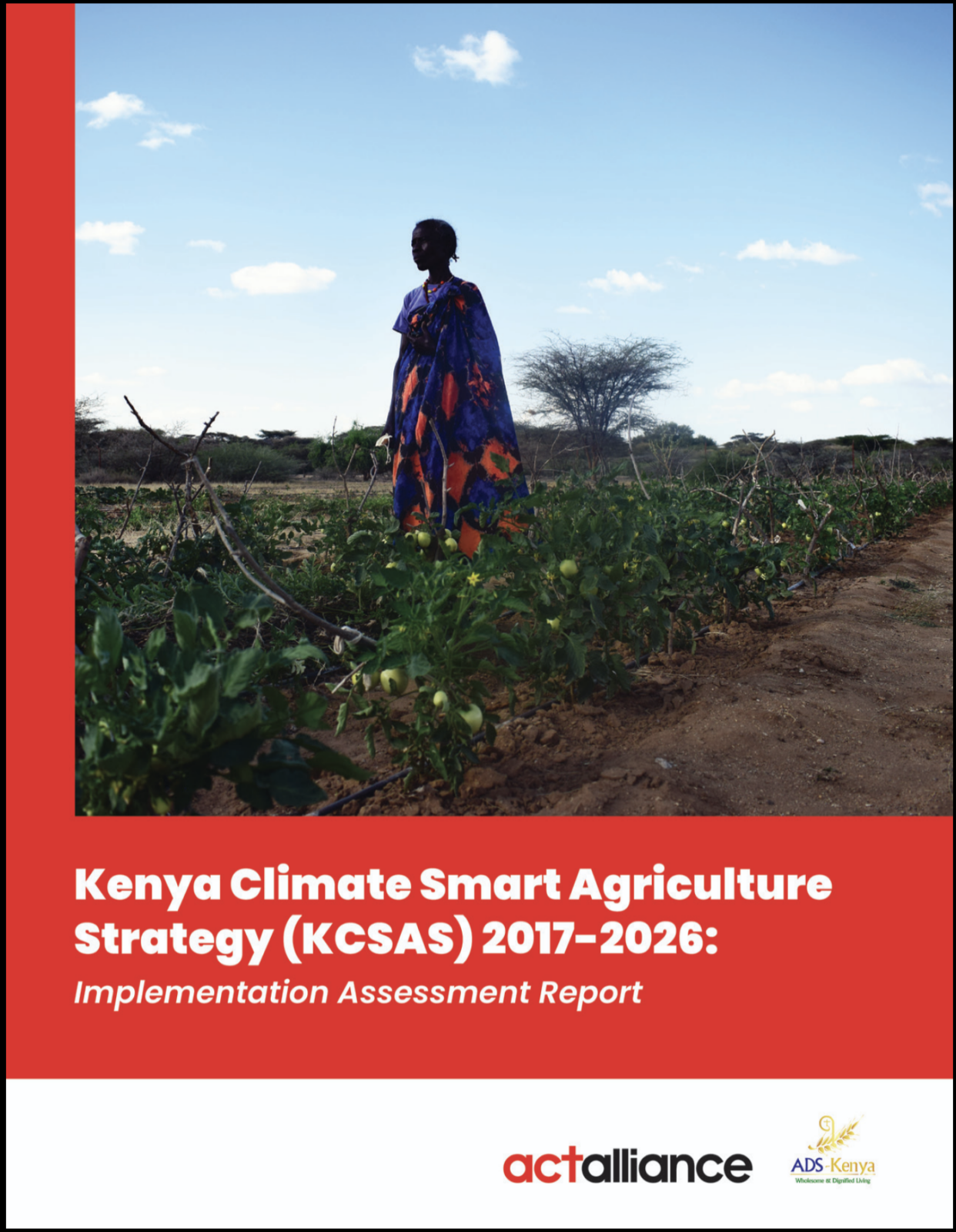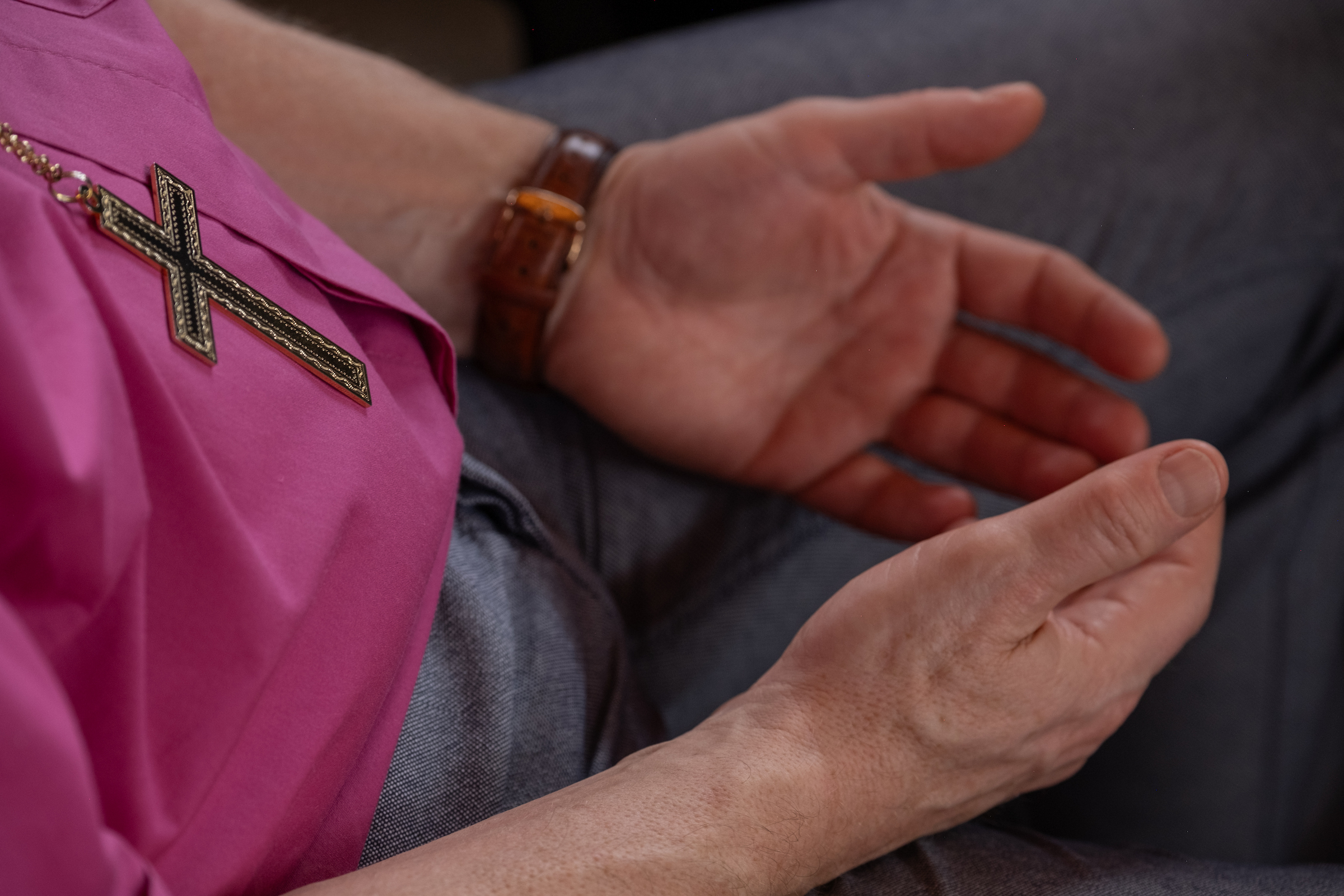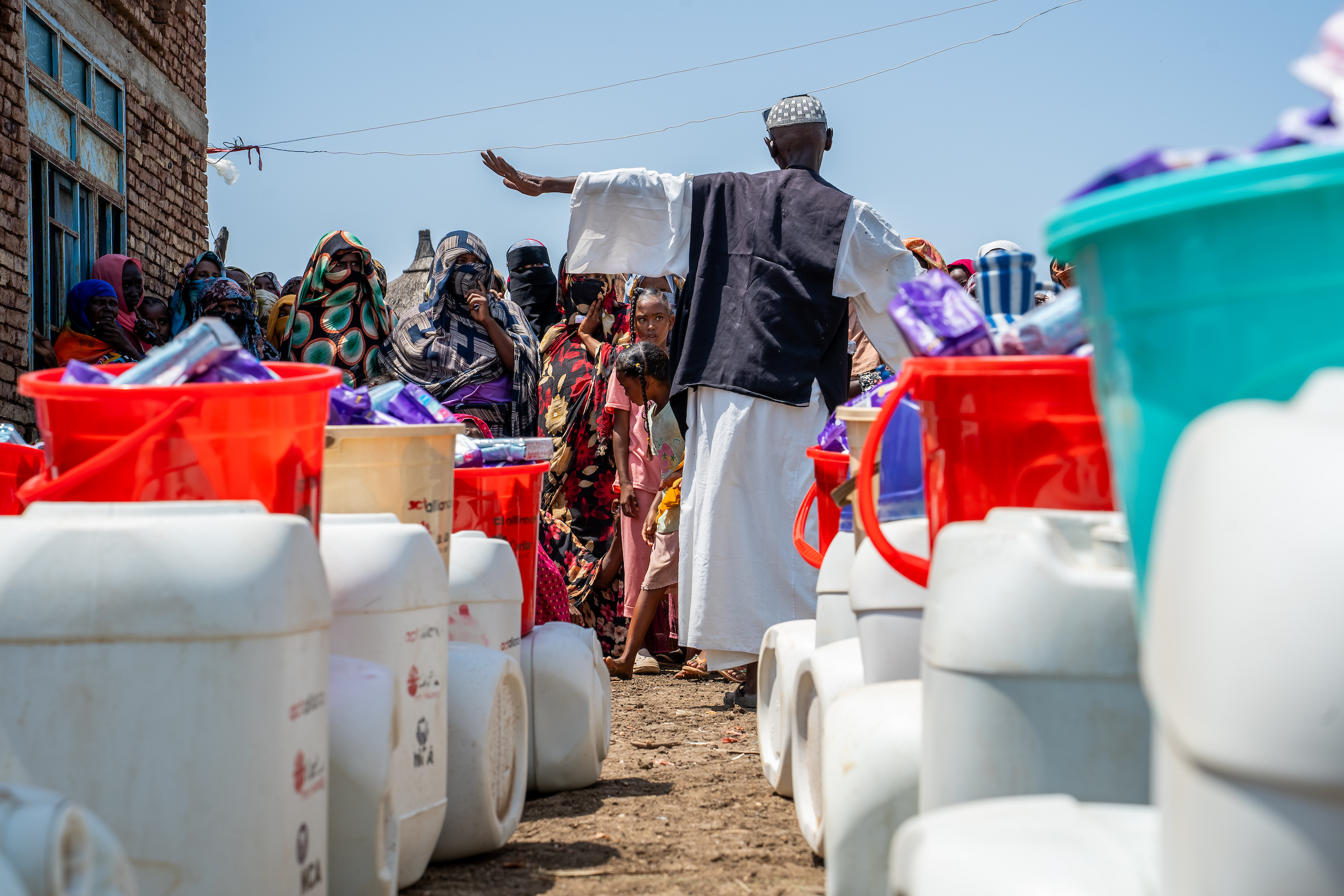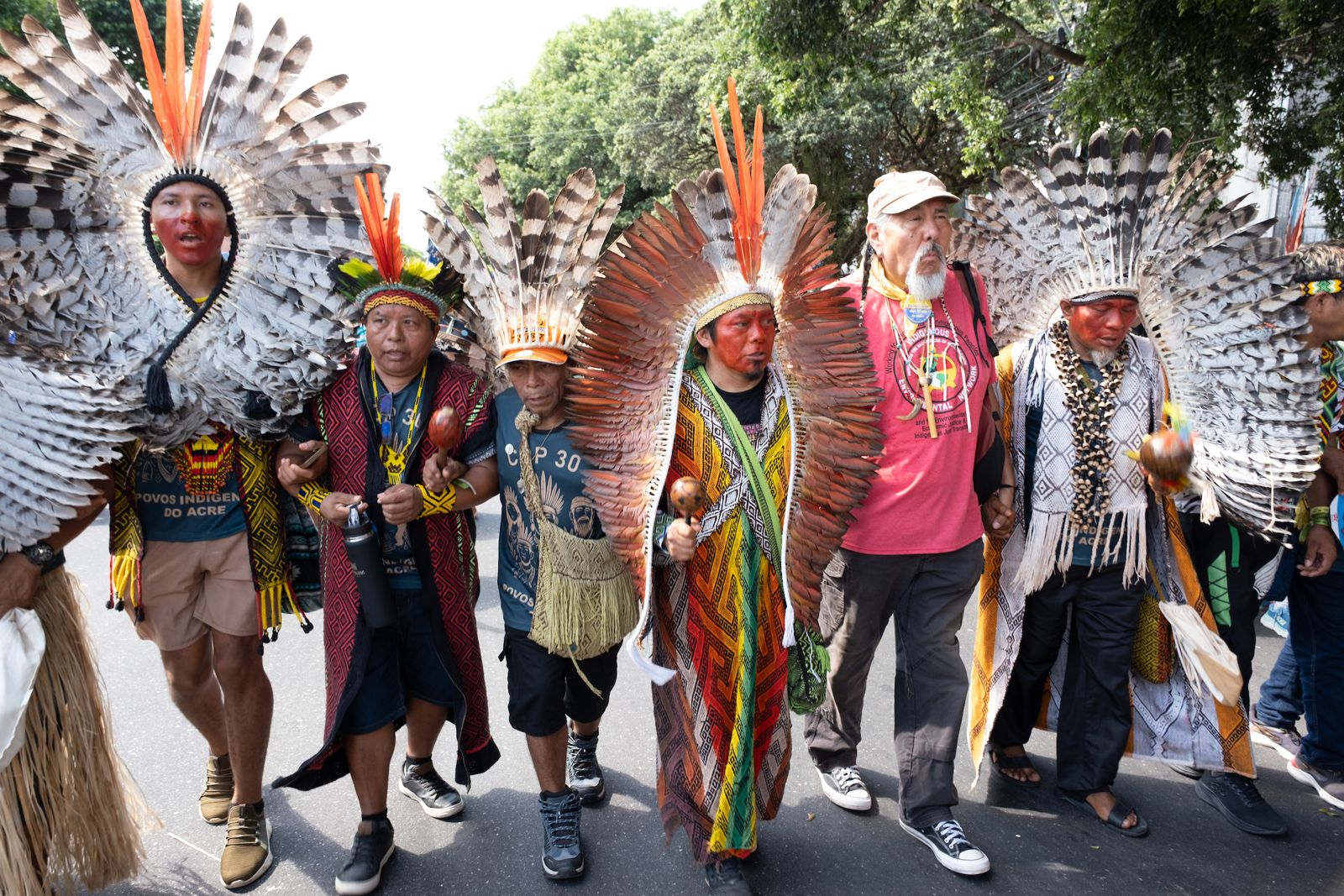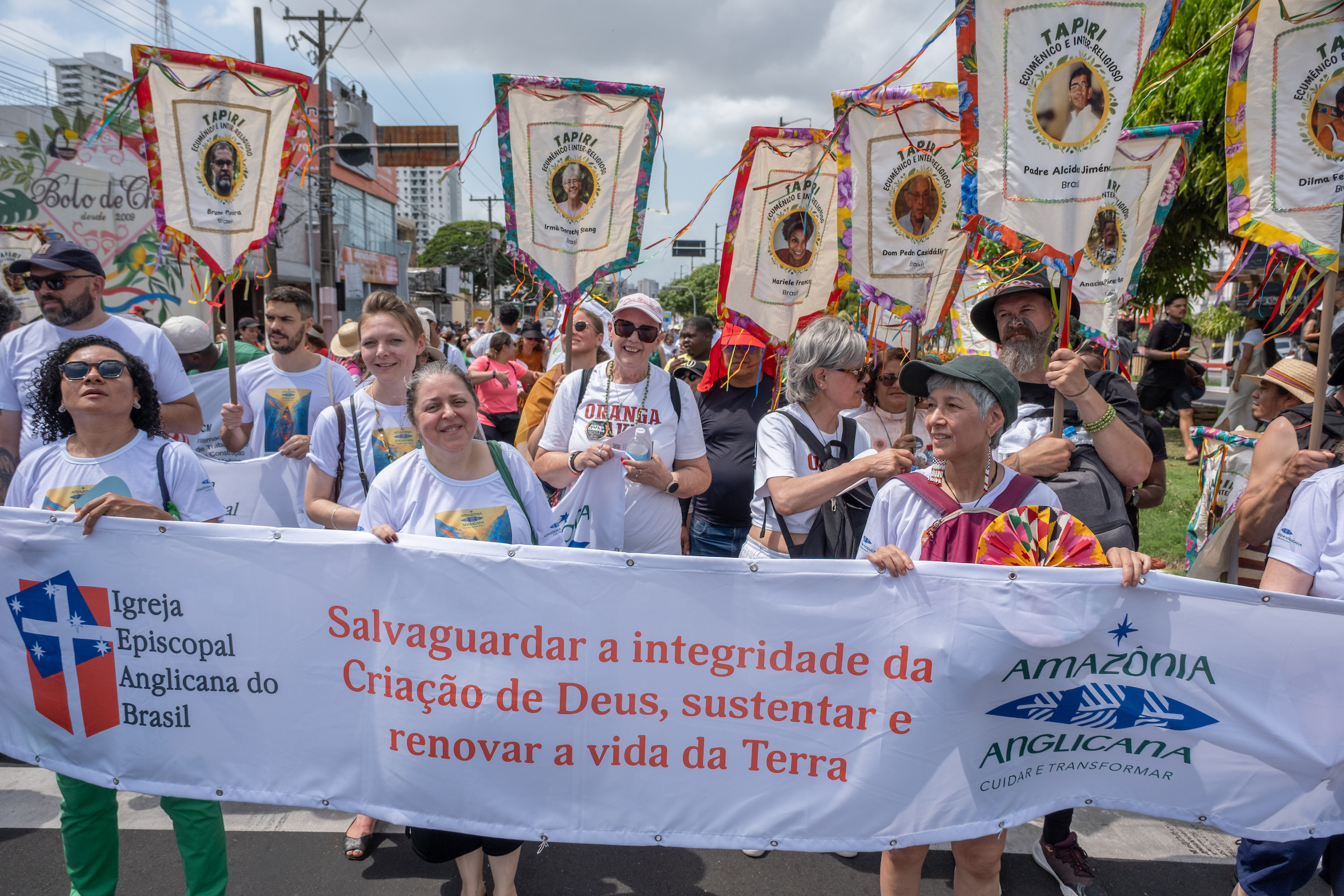“My house used to stand right here, “I earn my living as a modest vendor, but the strong waves brought by Typhoon Uwan swept everything away. Our home is gone. We lost everything.”Reynaldo Gonzales Hugo - 69 , a resident of a typhoon-stricken town of Dilasag in Aurora Province, Philippines.
This story has become the shared experience of more than six million Filipinos as they faced back-to-back typhoons days before the 30th UN Framework Convention on Climate Change Conference of Parties (COP30) began in Belém, Brazil. As a humanitarian worker, this is one of the million stories I brought with me as I travelled to the other side of the world to join COP30.
Extreme weather has become part of the lives of millions of Filipinos. For the Philippines, on average, 20 – 25 typhoons are set to pass through the country each year, five of these will be destructive. Oftentimes I find myself asking in disbelief, “will this be our life every year?”
Just as world leaders meet every year to revisit climate commitments and negotiate on climate actions; every year, people in the most affected and most climate-vulnerable nations in the world are in constant fear if their homes, crops, and livelihoods will be washed away. These recent and ongoing climate disasters, along with Hurricane Melissa that struck Jamaica, Haiti, and Cuba and the powerful tornado that struck Brazil, remind the world the urgency of acting on loss and damage, and working on the adaptation and mitigation agenda.
10 years have passed since the Paris Agreement and the road has been long and slow, but what does the Paris Agreement and COP30 mean for the most affected communities by the climate crisis, for people like Tatay Reynaldo?
When the Fund for Responding to Loss and Damage (FRLD), was established in COP27 in Egypt in 2022, and was operationalized in COP28 in Dubai; it felt like hope for those most affected by the climate crisis. But after COP29 in Azerbaijan, that hope was reduced to a hollow promise as it failed to deliver concrete financial support for developing countries and communities within them to address loss and damage. Here in Belém, COP30 opened with the Fund for Responding to Loss and Damage (FRLD) launching a call for funding requests for its start-up phase, the Barbados Implementing Modalities (BIM), with a total allocation of 250 million USD.
While this is a welcome development for countries most affected by the climate crisis, 250 million is just a drop in the ocean of what is demanded by the climate realities. For context, Super Typhoon Haiyan alone, the strongest typhoon that ever-made landfall, back in 2013 in the Philippines cost around 13 billion USD in loss and damage. This is why developing and most affected countries including the Philippines, are demanding at least $100 billion USD every year for loss and damage.
Hosted in Brazil, in the country of outspoken environmental defenders and also a climate vulnerable region, COP30 promised to be the COP of truth. Developing countries and people from the most climate-vulnerable and affected areas are here to demand nothing less than actions and concrete contributions that reflect climate truths from the ground. This means turning words into concrete and accountable actions. In other words, funding and reparations.
A decade after the Paris Agreement, and the pathways to limiting the world below 1.5 degree Celsius remain offtrack, discussions on the phaseout of fossil fuels continue to be sluggish, and a just transition framework remains gravely vague. For mineral-rich countries like the Philippines and Indonesia, there is a need for us to ensure that our territories are not being put forward as sacrificial zones and our economic rights as collateral damage in the name of transition.
The National Council of Churches in the Philippines is here with the ecumenical delegation of ACT Alliance to bring the ethical and moral pressure in the negotiations. Concretely, this would mean ensuring the common but differentiated responsibilities principle and for rich, polluting nations are made to take the most financial responsibilities. For climate finance, this means putting the moral pressure to keep the people’s call for 1.3 trillion USD alive in the negotiating table, and that this should be grants-based and not loans, accountable, and accessible that would support mitigation, adaptation, and loss and damage. It also means safeguarding human dignity and people’s rights are at the center of every action, especially in just transition. Failure to guarantee the people’s demands is a failure of morality.
In the Philippines, churches have become first responders to emergencies, bearing witness to the losses and damages caused by the climate emergency. Churches are the last stronghold for people and communities protecting their homes, lands, and the environment from extraction and destruction. Here in COP30, NCCP, along with churches and faith-based organizations, has the moral imperative to appeal to the conscience of world leaders and remind them that, at the end of the day, human life is at the receiving end of every decision. These local and global prophetic witness and actions are all to journey with communities in gaining back what was lost and rebuilding what has been damaged.

